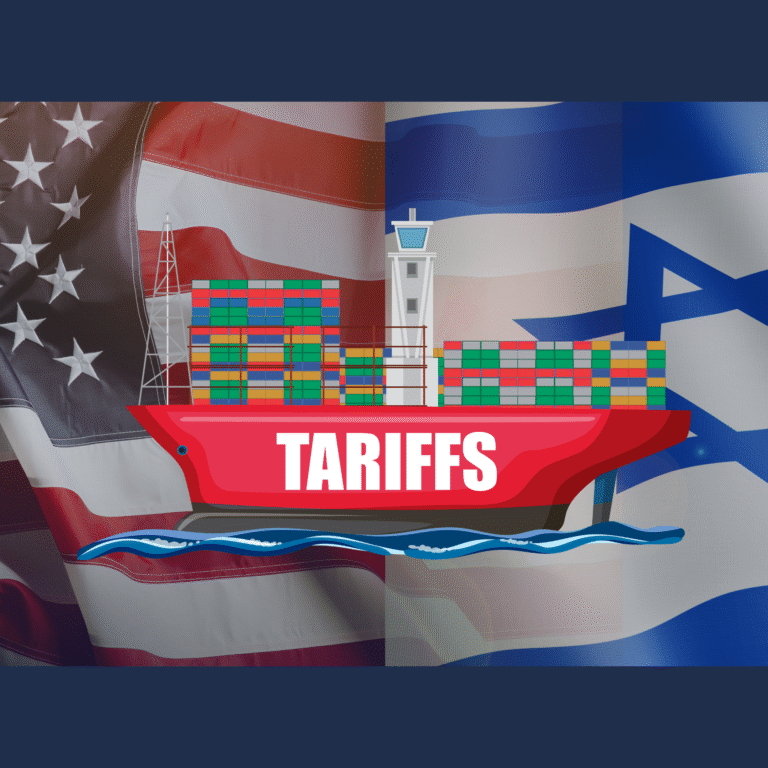

Navigating cross border taxation as an expat living abroad can be confusing and challenging while one is alive. It can be even more so for heirs after death! In this blog we are going to discuss why you may need a tax transfer certificate if you are a US expat.
Before we get started, we’ve written these blogs about moving to and living in Israel which you may enjoy.
What to do when you get kicked out of your US brokerage account
Can one use a US Power of Attorney in Israel, (and vice versa)?
Checklist for moving to Israel
Financial planning for US citizens living abroad
Selling a house in Israel as a US citizen
Why US Expats should look before they leap into a Roth 401k
Compliance with reporting of foreign assets: tips for US expats to avoid stress
What expats need to know about Brokerage Accounts for non-US residents
And now let’s get into the blog!
Many US expats living abroad keep a part of their assets in the US. This can lead to complications if one passes away abroad, and has not planned for this possibility ahead of time.
What is a Tax Transfer Certificate?
A tax transfer certificate establishes the legal right for US expats’ family to claim US assets in their estate from overseas. Without such a certificate, US assets are frozen in the United States and cannot be given out to the beneficiaries.
While jointly held bank or investment accounts are transferred outside of probate when and if one passes away in the US, these same assets become frozen if someone passes away while living abroad. This is because the banks and financial institutions have not yet received formal confirmation from the Internal Revenue Service (IRS) that there is no estate tax due on the estate of the deceased.
US based financial institutions cannot determine the value of one’s estate when assets are held in the US and overseas, and therefore cannot establish legally whether or not the value of the estate exceeds the federal estate tax exemption. For this, said financial institutions need a tax transfer certificate from the IRS.
So when do I need a Transfer Certificate?
Do I need a transfer certificate if I have an IRA?
Do I need a transfer certificate if have a joint bank account?
Do I need a transfer certificate if have a 401k?
The answer is YES! Any assets not held in a trust are subject to being frozen, and need a tax transfer certificate. All of these assets will be frozen until one is procured.
How do I get it?
One can obtain a tax transfer certificate through a specialized attorney or accountant. Even then, it can be an arduous, time-consuming and expensive process. Your tax professional will first collect and analyze financial documents for all assets owned by the decedent domestically and abroad. This is then given to the IRS under oath, after which the IRS approves a transfer certificate. However, this process has taken up to two years until recently (although this backlog has come down lately), as your application sits in a pile until an IRS clerk gets around to looking at it.
During this time all assets are frozen.
Is there any way to get around this?
By planning ahead with a specialized and experienced trust and estate professional, one may be able to avoid the entire process of having to obtain a tax transfer certificate.
- A trust is one possible solution, as the trustee becomes the authority and address named to manage and control the assets. The IRS can then turn to this person if any estate tax issues arise, eliminating the need for a transfer certificate. The fiduciary responsibility becomes that of the trustee.
- If a trust is not feasible (especially for smaller accounts where it is not cost effective), then splitting joint accounts evenly between spouses can make sense, so that if one spouse passes away, the other will still have access to funds.
- Assets may go through probate in a US court. However, in our experience, most state courts will not want to probate wills from outside the US.
With standalone retirement accounts such as IRAs or 401(k)s, a Tax Transfer Certificate is still going to be required
Are you a US expat with assets held abroad?
We recommend speaking with an estate and trust expert to plan for the future, so your heirs can execute your will in the most efficient manner. For more information, feel free to contact us through our website, www.nardisadvisors.com
We are expat financial advisors located in Israel and the US, serving expats globally.
If you are moving to Israel or another country and don’t know where to start when it comes to the financial side of things, or hold US or foreign assets and need help figuring out your retirement as an expat, please contact us.
Have questions about retiring in Israel? We’re having a series of webinars on this topic. We’re also publishing blogs on this subject.
JOIN the newsletter list here to stay informed.
Sources:
Ely J. Rosenzveig. (2021, December 18). Understanding a Tax Transfer Certificate. Ely J. Rosenweig & Associates, PC. https://www.ejrosenlaw.com/understanding-a-tax-transfer-certificate/
IRS.gov. Transfer certificate filing requirements for the estates of nonresident citizens of the United States. https://www.irs.gov/businesses/small-businesses-self-employed/transfer-certificate-filing-requirements-for-the-estates-of-nonresident-citizens-of-the-united-states#
Disclaimer
Nardis Advisors LLC (“Nardis”) is a Registered Investment Advisory Firm regulated by the U.S Securities and Exchange Commission in accordance and compliance with applicable securities laws and regulations. Registration does not imply a certain level of skill or training. Nardis does not render or offer to render personalized investment advice through this medium. The information provided herein is for informational purposes only and does not constitute financial, investment or legal advice. Investment advice can only be rendered after delivery of the Firm’s disclosure statement (Form ADV Part 2) and execution of an investment advisory agreement between the client and Nardis.





